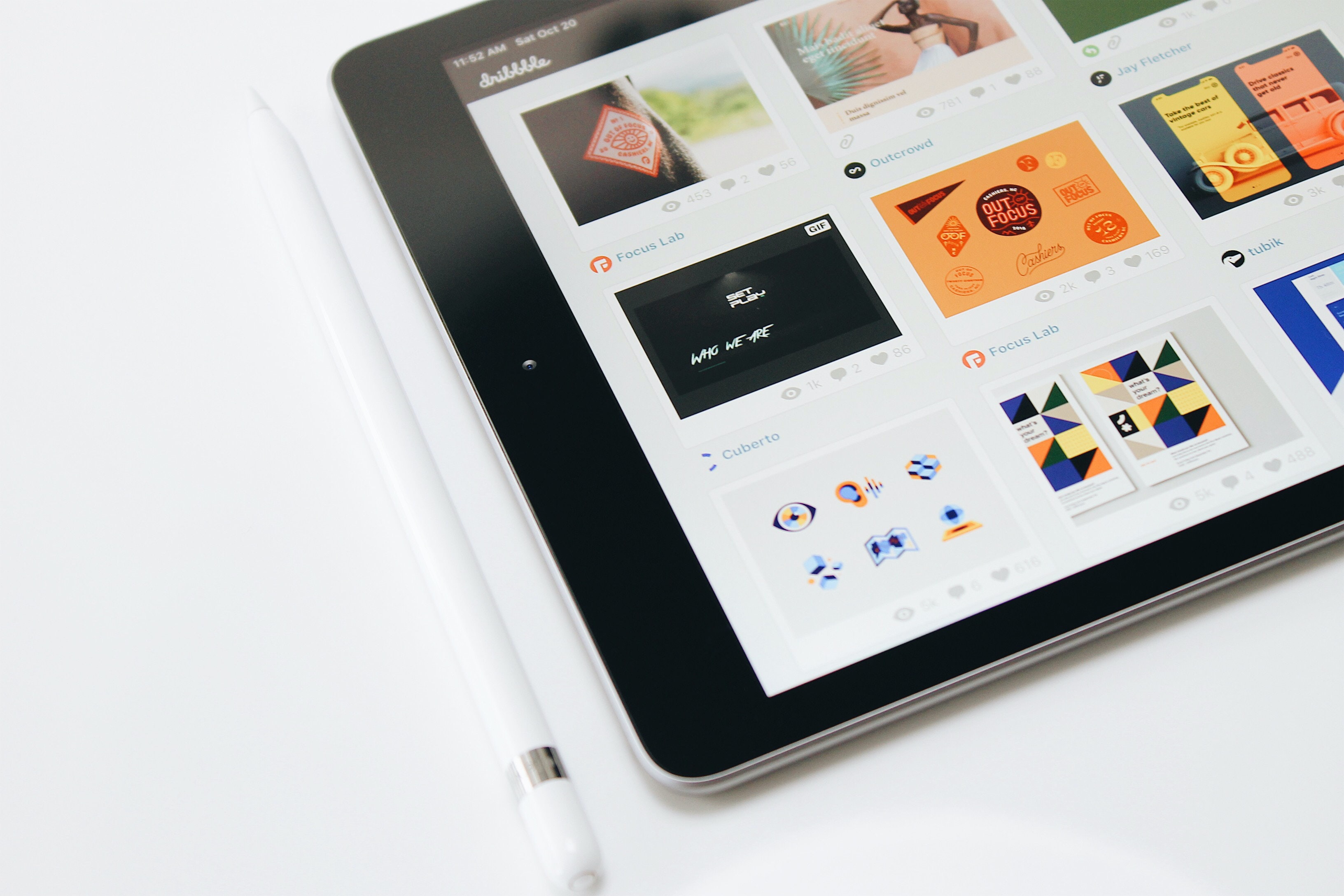As revolutionary technology enters the market every day, how do marketers stay current?
Today, consumers are absorbing information at a previously impossible rate. In a world where everyone walks around with a cell phone in their pockets, instant gratification has become the standard people expect. Digital upgrades are important for a company to stay on top and can make the biggest difference in increasing a company’s consumer base. Artificial Intelligence (AI) is one technology that companies are using to stay ahead of their customers.
The invention of mobile phones has given people the power to have any number of answers available at their fingertips wherever they are. This has also given brands the ability to build deeper, more meaningful relationships with their customers. AI gives brands the power to not only reach customers but to connect with them based on their interests at a personal level. Brands can also learn new things about their customers by analyzing the data that they leave behind while browsing the internet. As the world of business changes, companies are fighting to keep up with the rapid pace of technological innovation.
What exactly is AI?
Artificial intelligence is a way to describe how computers can collect and analyze data then conclude from that data to make assertions or learn about customer tendencies. To the tech world, AI is just a fancy way of describing how well a machine/computer can interpret data in the way a human would, only at a much higher level of efficiency.
Mobile apps like Google Maps or Waze are prime examples of AI already being used in the real world. These apps gather information from users and analyze it in real-time to provide information like traffic reports, alternate routes and arrival times. Waze also can update users in real-time about any advisories or alerts pertinent to their route the same way a human navigator would. This is one example of AI already being implemented in the real world to improve the functionality of their app.
Because AI technology is so broad that we have only begun to scratch the surface of its uses. As advancements continue to improve rapidly, brands need to stay ahead of the technology and look for new ways that they could implement it as they interact with their customers.
For example, imagine customer X on his commute home from work. With time to spend browsing the internet, customer X looks for fishing poles and ends up on your bait-and-tackle website. While he is there he finds a couple of items that he likes but doesn’t follow through and complete the purchase. Previously this would mean that that customer and their business would be gone unless they returned of their own accord. Through the use of AI technology, this doesn’t have to be the case.
Because you are technologically savvy, you installed an AI program to run on your site. The next time customer X is browsing the web he will be served with an ad that takes him back to the fishing pole he was shopping for on your site. This type of targeted advertising is the future of mobile marketing and is an important tool for marketers to be aware of.
How do we effectively use this data to promote our brand?
AI can bring a level of personalization to any brand by matching customer's interests and brand attributes that they relate to. Even though AI is still in the early stages of development, many brands have taken advantage of its broad and diverse capabilities, giving them a leg up in the marketing world and increasing consumer expectations. By using ads relevant to the user’s personal search history, AI can predict future interests of that customer and tailor their ad experience accordingly.
As a result, users feel as if they relate to your brand building a deeper connection and improving customer loyalty. When you couple this with the amount of personal data collected through an individual’s mobile phones, it allows your brand to become a superpower, relating closely to each customer and having the ability to personally reach billions of people and to predict the actions of potential new customers at the same time.
What is the future of AI?
Over the last five to ten years especially, artificial intelligence has made rapid improvements, but what more could the future hold? As AI technology continues to grow and evolve, it will likely become an even larger part of everyone’s daily lives.
When users think about AI, they typically think about it as a big idea that could have catastrophic consequences which are far from the truth. You can see artificial intelligence popping up in more and more products every day, most of which are “tech” products like out social media streams, digital shopping recommendations or automation and driver assistance in modern vehicles.
The tipping point for AI is going to be when the absence of AI becomes noticeable in daily routines. It is currently on course to expand beyond the limited scope of current assistant technology like Alexa or Siri to the point where we could potentially have AIcompanions that can be interacted with like old friends.
Like any other technology, there will always be room for improvement. We can expect to see continued improvements in terms of functionality and error handling. As technology improves, using AI will become more naturally seamless.
The future of AI is extremely open and with new technology being discovered every day. The future of mobile marketing and AI integration is promising and is expected to become an even larger part of daily life.



